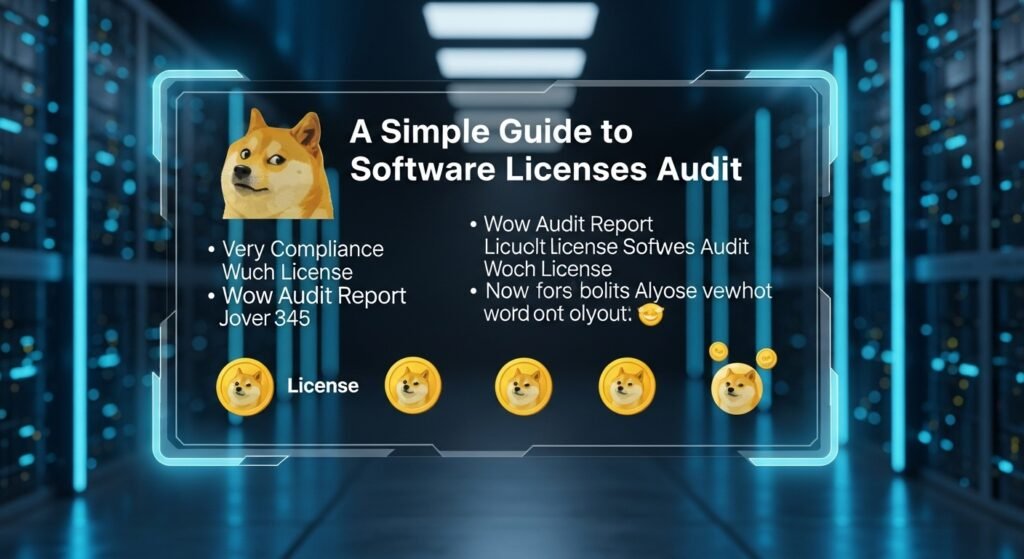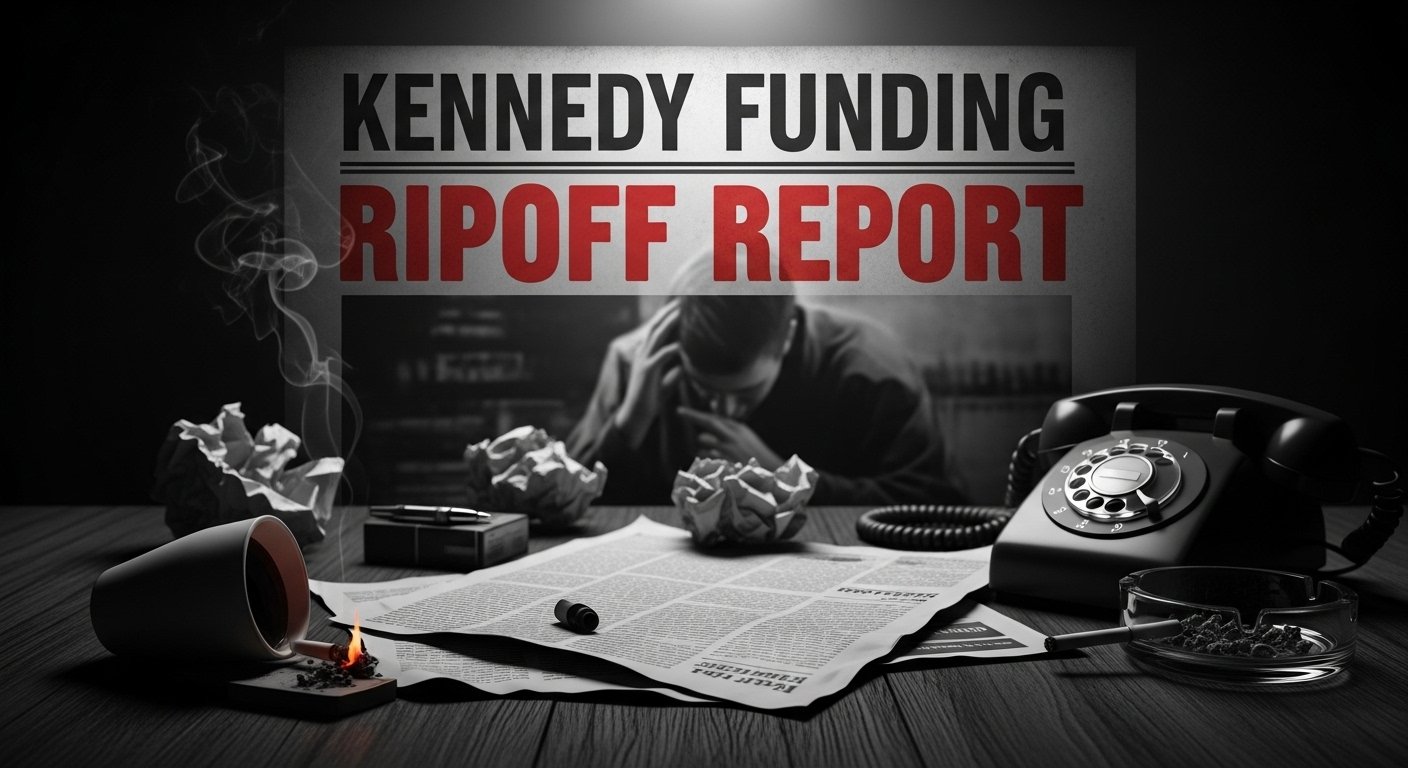Table of Contents
Have you ever heard someone mention “doge software licenses audit HUD” and wondered what in the world it means? You are not alone. It might sound complicated and even a little confusing at first. But don’t worry—we are going to break it all down for you in a way that’s super easy to understand. First, let’s think about software. That’s all the computer programs or apps that people use every day. Some help run businesses, while others are used for games or even government work. But software isn’t always free. In fact, most software comes with something called a “license”—that’s like a rule book telling people how they are allowed to use it. Now, an audit is when someone checks to see if all the rules are being followed. And HUD? That stands for the U.S. Department of Housing and Urban Development. Yes, even government agencies like HUD need to make sure they are using software the right way. So, when we talk about “doge software licenses audit HUD,” we are really talking about how HUD checks and tracks the software it uses, often inside something called a software dashboard—a visual way to see what’s going on behind the scenes. Buckle up, because you’re about to become a mini expert!
What Does “Doge Software Licenses Audit HUD” Actually Mean?
The phrase “doge software licenses audit HUD” may sound tricky, but it just involves a few simple parts. “Doge” in some cases refers to a tracking or display system that makes information more fun or easier to see—kind of like a heads-up display, or HUD, used in video games. In this context, it’s part of a visually helpful report system. A “software license audit” is when someone makes sure that software being used matches its license rules. And HUD, as mentioned earlier, is a government agency that provides homes and help for people in need. When you put it all together, this means HUD is using a clever software tracking system, possibly nicknamed “doge,” to check their software licenses and remain compliant with the law. It’s all about being safe, legal, and organized.
Understanding Software Licenses in Simple Terms
A software license is like a permission slip. It tells people how they can use a computer program. For example, a license might say, “You can only install this on one computer,” or, “You need to pay to use this every year.” Sometimes, companies or government offices like HUD buy many software licenses so their workers can all use the same tool. If someone uses the software in a way that’s not allowed, that can get them into trouble—even fines or legal trouble. That’s why managing and checking software licenses is very important. Keeping track of them helps everyone stay safe, fair, and legal.
What Is a Software Audit and Why It Matters
Now that you understand software licenses, let’s look at what an audit means. A software audit is a checkup. It’s when someone—either inside the company or from outside—looks at all the software being used and asks, “Are we following the rules?” This is majorly important for big companies, schools, cities, and even government groups like HUD. Why? Because software costs money, and just like people need to pay for things at a store, companies need to pay for the software they use. If someone is copying and using software without the right license, it can cause serious problems later. So regular software audits help stop that from happening.
Why HUD Cares About Software Licensing

The Department of Housing and Urban Development (HUD) is a huge part of the U.S. government. It helps millions of people find safe and affordable homes. But behind every single housing plan, shelter support program, or community office, there are computers—and those computers run software. HUD has to follow the law, just like everyone else. That means making sure all the programs they use are legal and properly paid for. If HUD didn’t check, they could accidentally break the rules. That’s where audits come in. HUD uses audits and dashboard tools like the “doge software licenses audit HUD” system to ensure they’re doing everything by the book. It’s a big job, and it keeps things fair and accountable.
What Is a Dashboard or ‘HUD’ in Software Auditing?
You might recognize the term HUD from video games or driving simulations. It usually means “Heads-Up Display”—a digital graphic that shows helpful information right in front of you. In the context of software auditing, a HUD is often a dashboard that displays key data, like what software is installed, which licenses are still active, who’s using them, and if any are out of date. These dashboards make it easier for IT teams at HUD to know what’s going on at a glance. Think of it as a control panel that helps everyone stay organized and one step ahead. Some developers may call their fun, visual dashboards “doge,” as a playful way to name them.
How the Doge System Keeps Track of Software
The “doge” part of “doge software licenses audit HUD” may seem silly, but it could simply be a casual or project-specific name for a unique visual tool. Systems like these are designed to track everything happening with software inside an organization. The doge system might have colorful code boxes, clickable buttons, or real-time graphs. It could show which software licenses are expiring soon or how much is being spent on subscriptions. These bits of information help HUD work smarter, avoid mistakes, and plan budgets better. It’s like having a super watchful assistant that never sleeps and keeps track of everything automatically.
How Regular Audits Save HUD Time and Money
Every time HUD performs a software audit—especially when using a good audit dashboard like the doge system—it saves time and money. Think about this: if HUD pays for 1,000 software licenses but only 600 are being used, they are wasting money on the other 400. Or worse—if 200 workers are using programs without permission, they could get fined. With regular audits and strong tracking, the IT team knows exactly how many licenses are needed and where they are used. This stops overspending and prevents risk. The doge software licenses audit HUD helps make that happen smoothly and clearly.
What Happens If Licenses Are Not Audited?
Skipping software audits might not seem like a big deal, but actually, it can lead to major problems. If a government agency like HUD doesn’t check software regularly, they might use expired licenses, or more users than they paid for. That’s like having more people at a concert than there are seats—it causes confusion and breaks rules. In serious cases, it could also mean paying costly fines or getting sued. Auditing isn’t about being nosey—it’s about playing fair and safe. With a cleared-up and color-coded visual HUD like the doge system, this task becomes much easier and way less stressful.
How Beginner-Friendly Software Audits Can Be
Good news: helping with or understanding a software audit doesn’t mean you need to be a tech wizard. Many modern tools—even ones used by professional teams like HUD—are made to be beginner-friendly. The doge dashboard or HUD system often uses visual graphs, alerts, dropdowns, and simple reports. That means even non-technical managers can see where potential risks or problems might be. It’s kind of like using a GPS. It shows you where you are, where you need to go, and what’s getting in the way. Understanding software audits in a HUD environment becomes easier when tools are this accessible.
Real Example: HUD Streamlines Licenses With Audit Dashboards
Let’s look at a real-world example. Imagine HUD launching a new housing support system for a large city. They need to install secure software for hundreds of workers across different departments. By using a tool like the doge software licenses audit HUD, they can monitor all installations, see license status, and track renewals in one place. This stops overspending and helps plan ahead. If three programs are no longer used, they can cancel them. If one department needs more licenses, they can shift some around. This leads to smarter decisions, better security, and more money left for serving families in need.
Lessons Everyone Can Learn From HUD’s Software Audits
Even if you don’t work for the government, there’s something you can learn from this. Whether you run a business, a school, or even manage your personal programs at home, tracking software licenses is smart. Use a system—big or small—that helps keep those digital tools in check. If you don’t need a license, cancel it. If one’s about to expire, renew it in time. Using a well-visible tool like a dashboard, even something simple like a spreadsheet, can help you stay safe and save money. HUD just does it on a much larger scale with something like a doge HUD audit tool.
FAQs
Q1: What exactly is the doge software licenses audit HUD?
It’s a dashboard system used by HUD to track and audit software licenses, ensuring they’re legal, safe, and up to date.
Q2: Why does HUD need to audit software licenses?
HUD has to follow federal rules and make sure all software is used legally. Audits help avoid fines and manage costs.
Q3: Is “doge” an official software name?
Not necessarily. It may be a nickname for an internal HUD dashboard tool that helps with software audits.
Q4: What happens if there are unused software licenses?
Unused licenses cost money. Tracking them allows teams to cancel or transfer them, saving money and reducing waste.
Q5: Can non-technical people understand these license audits?
Yes! Most dashboards like the doge system use graphs and simple views that anyone can read easily.
Q6: How often should software license audits be done?
Regular audits—every 6 to 12 months—are ideal for staying organized and avoiding risks.
Conclusion
Software might be hiding quietly on our computers, but managing it takes real effort—especially when you’re in charge of a huge system like the government’s housing department. The doge software licenses audit HUD is a smart way to help teams stay on top of their tools. With clear dashboards and regular checkups, HUD avoids mistakes, saves money, and follows the law. And if they can do it, so can you. Whether you work in government, business, or even at home, keeping track of software matters. Use visual tools, run regular audits, and don’t let expired or unused licenses hold you back. Taking charge of your software licenses is just one more smart move in today’s digital world.



